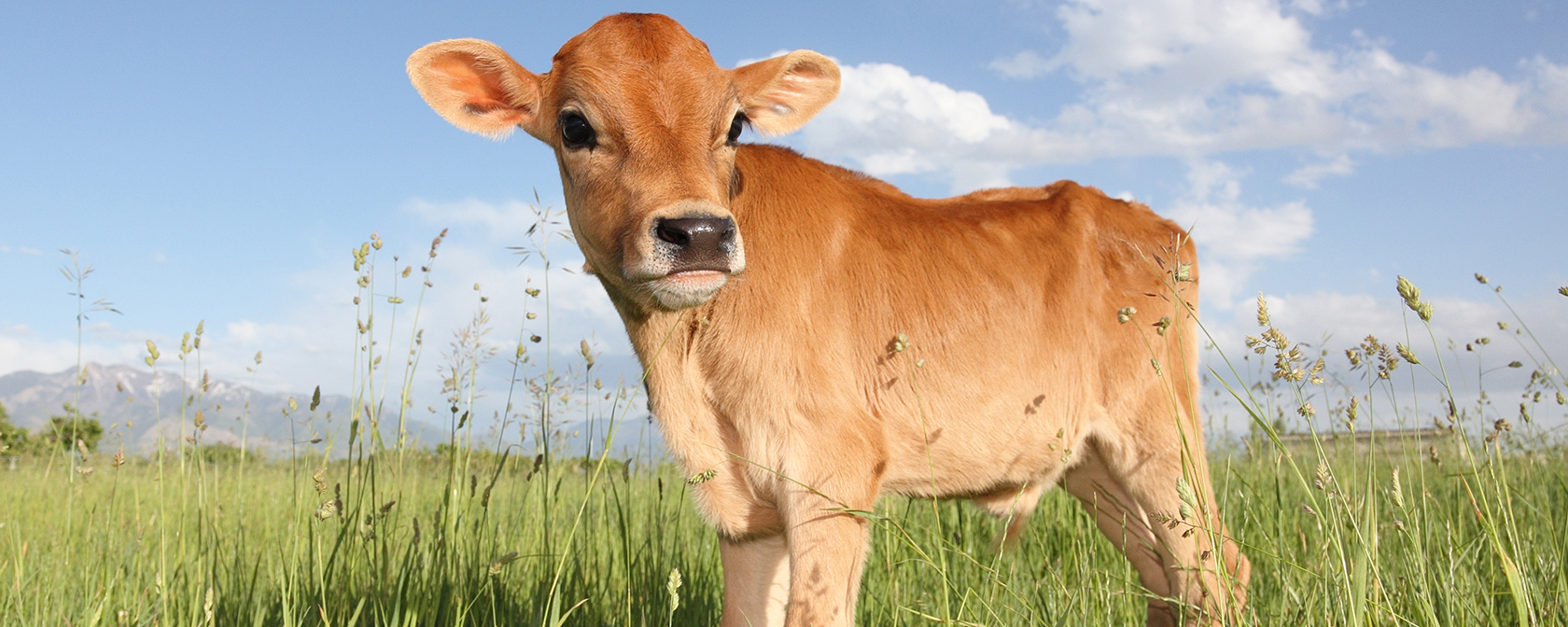By Sara Amundson and Kitty Block
Three years ago this month, something truly extraordinary happened for animals. California’s Proposition 12, the groundbreaking ballot initiative considered the strongest law in the world for farm animals, was voted into law by a wide margin, with more than 7.5 million voters supporting it. We are grateful to those of you who joined with us, and we are honored to have led this initiative. Along with the direct impact of Proposition 12, the victory also inspired a wave of real, tangible campaign victories for millions of animals in other parts of the country, too.
As we celebrate the third anniversary of this transformational win, it’s worth taking time to reflect on the challenges that remain ahead. We knew there were parties who would fight us every step of the way, and we need your continued engagement and help to ensure that policymakers hear loud and clear that their constituents believe in higher protections for farm animals under the law and don’t want to see agribusiness interests undermine the great progress we’ve made for farm animals in recent years. Defending this historic law so that it can make real changes for animals who are suffering is just as meaningful and urgent as getting it passed in the first place.
Proposition 12 focused on an issue that remains one of our top priorities: the elimination of the extreme confinement of farm animals. And Proposition 12 would achieve the greatest reduction of this type of animal suffering encompassed in any single piece of lawmaking. Most chickens used for eggs in this country are locked in cages so cramped they can’t even extend their wings. Mother pigs, meanwhile, are confined in metal crates so narrow they are unable to turn around and have been documented gnawing on the metal bars in distress. Calves raised for veal are similarly restricted to crates that are too small for them to walk or behave naturally.
Proposition 12 mandated sweeping reforms of how egg-laying chickens, mother pigs and baby veal calves are treated in California. In addition to banning the extreme confinement of these animals in the state, the initiative also required that any in-state sales of certain eggs and meat come from producers that meet this standard. After an exhaustive campaign against the forces of animal agribusiness, California voters sided with the idea that farm animals are deserving of our humane consideration and the protection of our laws, which is the position we and our allies championed.
When Proposition 12 comes into full effect on January 1, 2022, it’ll be another milestone to celebrate. Many companies have been preparing for several years to come into compliance, and this law is a major part of the reason why now nearly one-third of the U.S. egg industry has chosen to go cage-free, up from the single digits just a decade ago. This means more than 100 million chickens every year—now and going forward—will never have to know the misery of cage confinement.
Just last month, for example, the nation’s largest egg producer announced a major new cage-free expansion that will house 400,000 chickens per year who otherwise would be caged. The company cited the laws for which we advocated as a major reason for their action. We’re seeing similar progress in the pork industry where companies like Hormel, Tyson and Perdue are making plans to produce Proposition 12-compliant pork.
The victory in California sparked huge momentum in ongoing campaigns to convince restaurant chains, grocers and other major companies to enact or strengthen their own policies to get cages and crates out of their supply chains. And following Proposition 12’s passage, we subsequently won legislative campaigns to crack down on cruel confinement in Colorado, Michigan, Nevada, Oregon, Utah and Washington.
Not surprisingly, some in the pork industry have still refused to respect the will of voters and have repeatedly sued to block Proposition 12’s full implementation. While courts have repeatedly rejected their arguments, we’re now facing a new threat to Proposition 12, which you can read about here and take swift action. There’s a lot at stake, and we need your help.
Kitty Block is President and CEO of the Humane Society of the United States.




